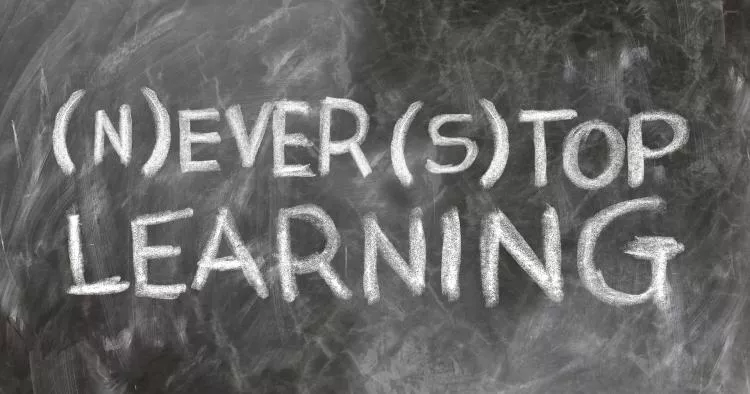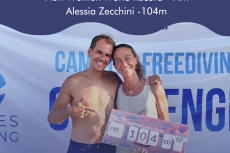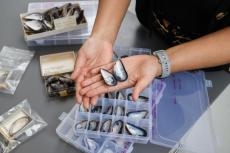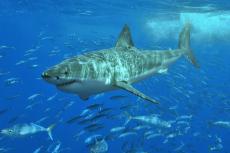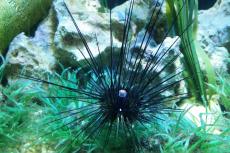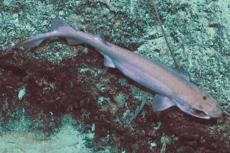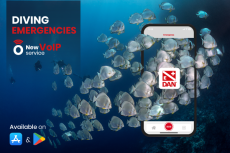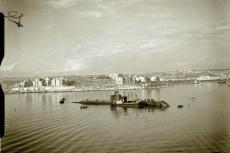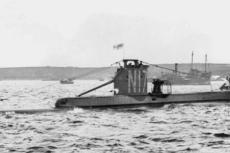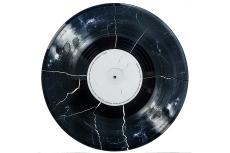Getting all the wiser
Take courses that qualify you further than the dives you actually plan to conduct, so you have that extra buffer and an added layer of competence.
I have done a fair deal of dive training over the years—mostly out of simple curiosity, professional interest, a desire to acquire more skills, and to be all the wiser.
Most of the acquired skills, I never or rarely use in regular diving, most of which is the plain vanilla variety anyway—that is, no-decompression, open circuit and no fancy gasses, except for the occasional use of nitrox. Keeping it simple has its virtues.
I do have some technical training, including closed-circuit certification on a couple of rebreather units. I really enjoy diving rebreathers; I love the quietness and the almost Zen-line experience of becoming one with the environment, part of the ocean—and not just in it, like an alien object. But I digress…
The point I am trying to make is that the advanced training I have gone through benefits me in so many ways, even on a “simple dive” (if there is such a thing). Not only has it made my basic technique and execution (did I mention fine-tuned buoyancy, posture and streamlining?) much more fluid and effortless, and dare I say, relaxed, I also feel more competent and comfortable, knowing I have the skills and insights to deal with a long list of contingencies, should any arise. This is the result of the dive training exercises and drills I have been put through, practising how to deal with various scenarios.
Some of the drills were on the strenuous side (I am not going to sugar-coat it), and I do not look back on them with much fondness. One, in particular, involved a drill during an advanced nitrox and decompression dive course. We were practising in a flooded dry dock, and we had to swim underwater from one end to the other, some 25 to 30m, while holding our breath and not wearing masks, wearing drysuits and carrying twinsets (which was not exactly the epitome of being streamlined), simulating being out of air and not having our buddy close by. But it was probably the most valuable exercise I have ever done, because it taught me that one has much greater reserves to cope with situations than one would otherwise assume if only one kept a cool head and did not panic.
On every dive, even a shallow dive in seagrass banks on a calm summer day, I always run through a lot of “what-if” scenarios in my mind, so that I am prepared. It has just become second nature to me. Like airline pilots prepare mentally, so that they can put the plane down on short notice, and professional drivers are able to sense potential accidents in the making and take preventative action in a timely manner.
I am never anxious or fretful; I just feel focused and prepared, equipped and confident that I can handle situations and procedures to pull me safely out of a pickle.
It is therefore OK—I would even say, recommendable—to take courses that qualify you further than the dives you actually plan to conduct, so you have that extra buffer and an added layer of competence. You may never need it, nor intend to use it, but that is not my point.
We may never need our first-aid training either; no sane person would hope these skills would ever be needed. But once we have obtained such training, we will be glad that we are able to react appropriately, should the unfortunate situation arise in which we find ourselves on the scene of an accident—we might even save some lives or limbs. The same principle applies to diving in general.
Better be safe than sorry. Safer diving is also more enjoyable.
I rest my case.


